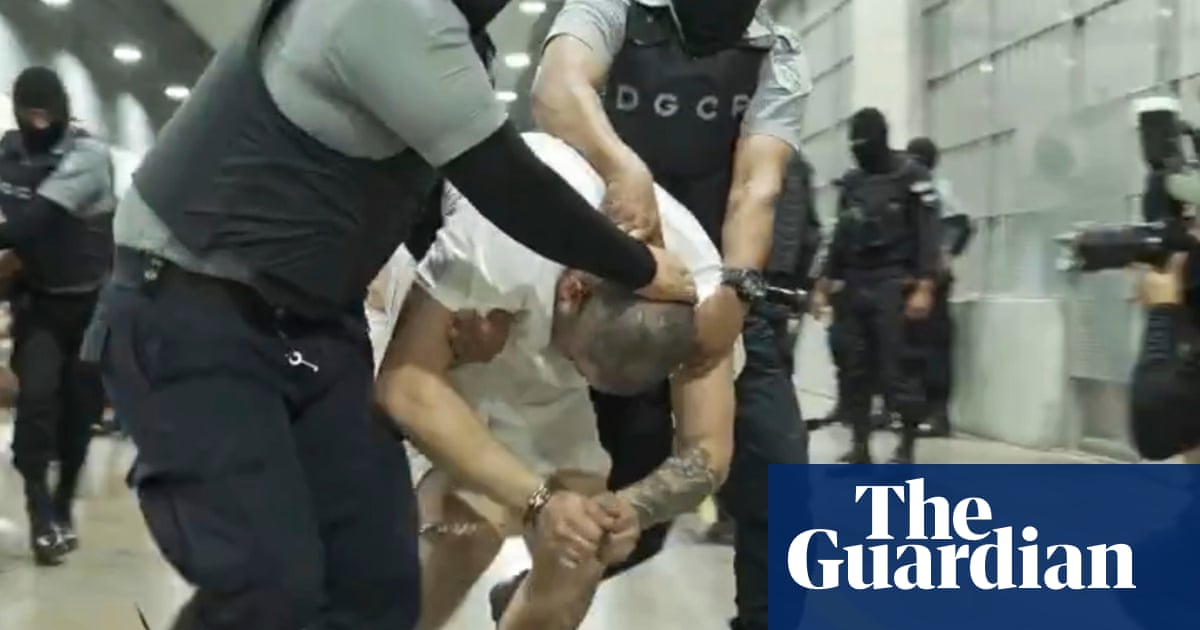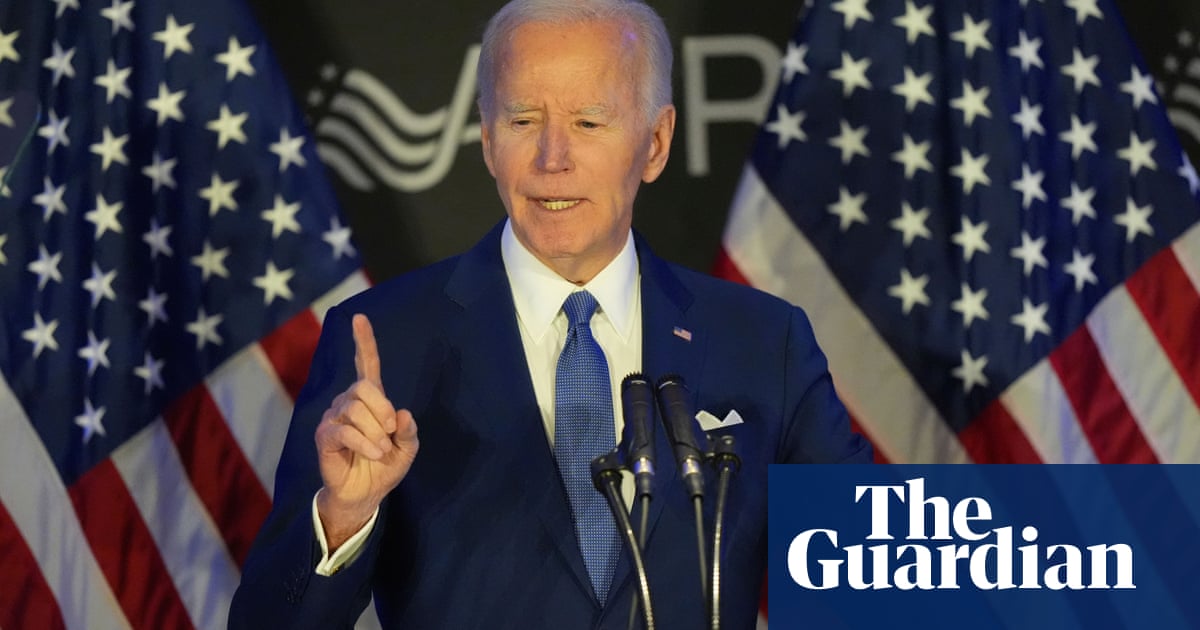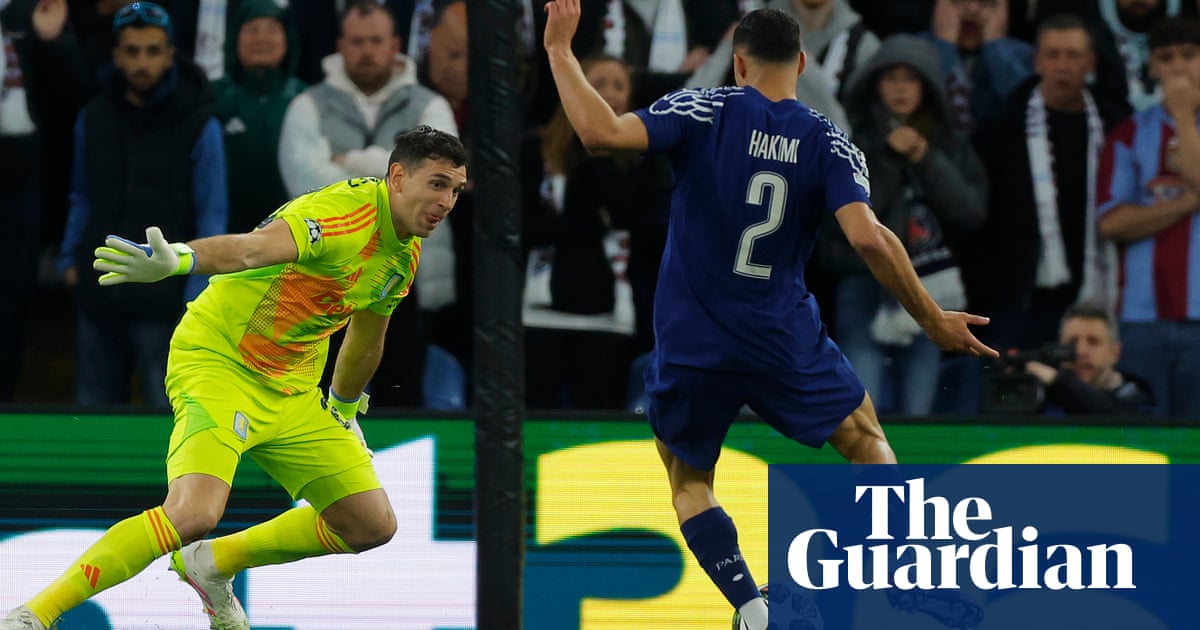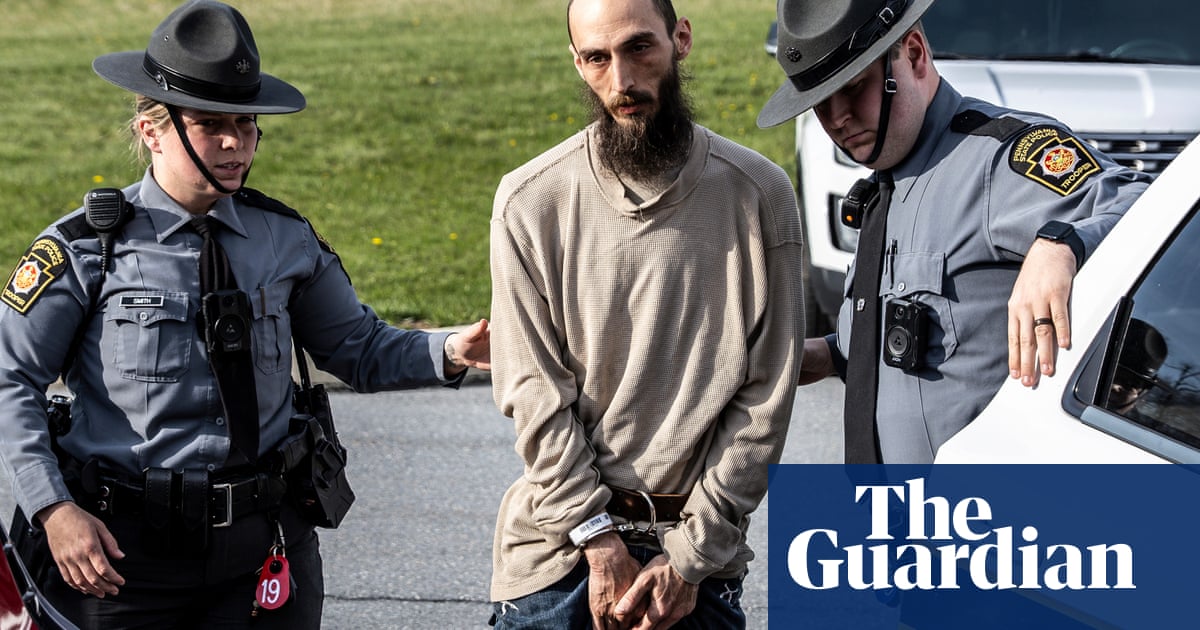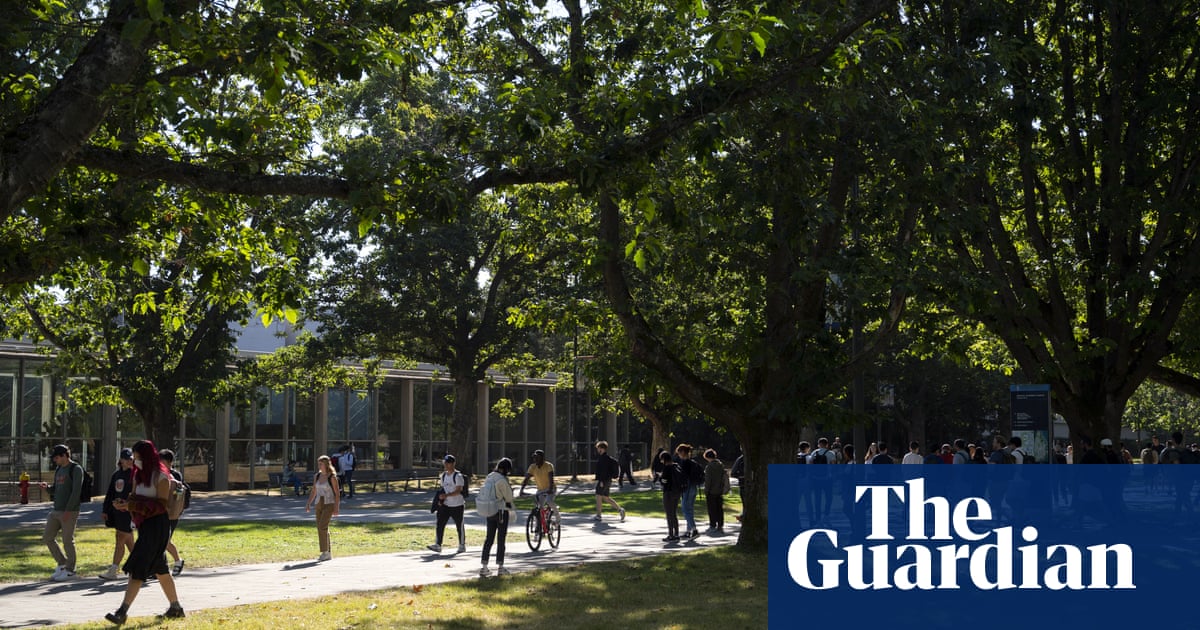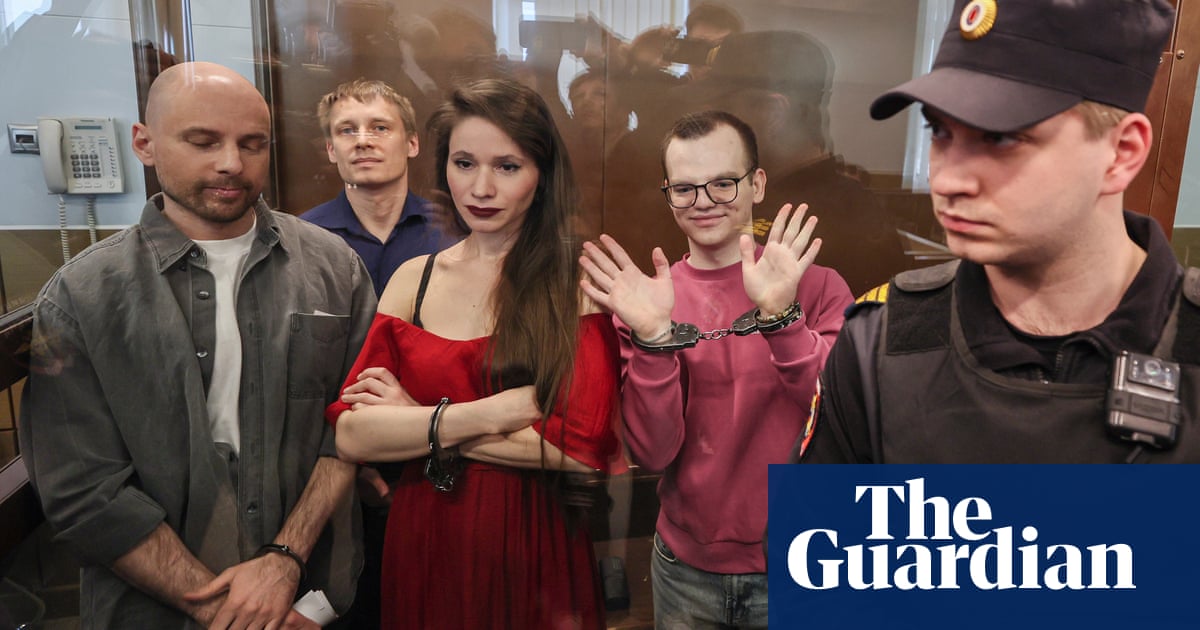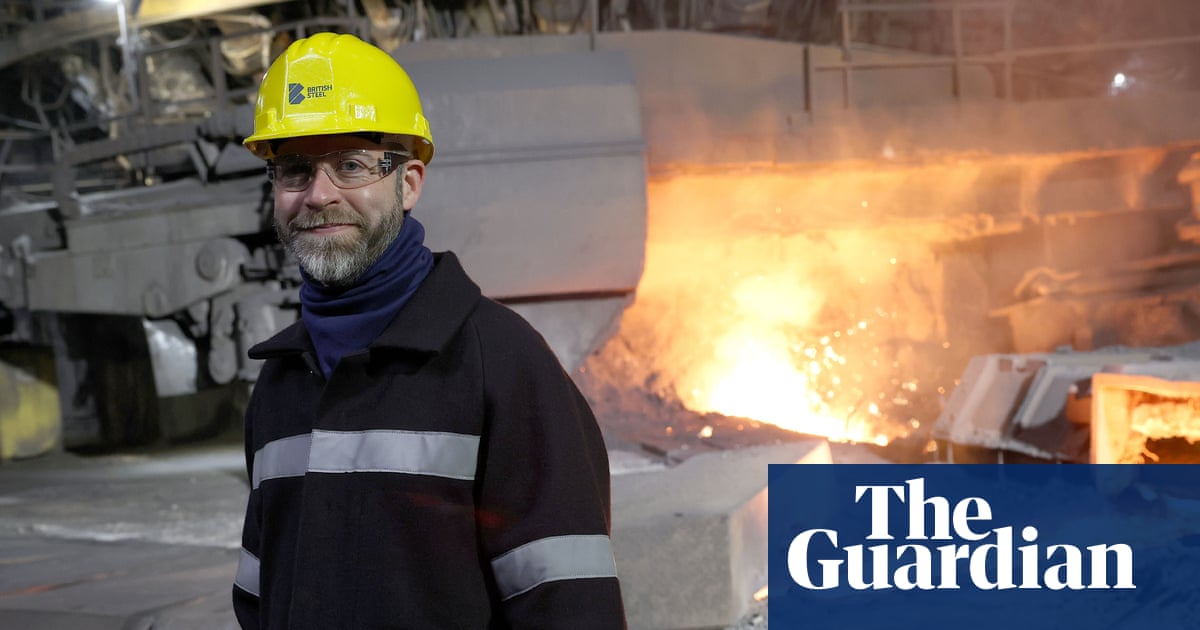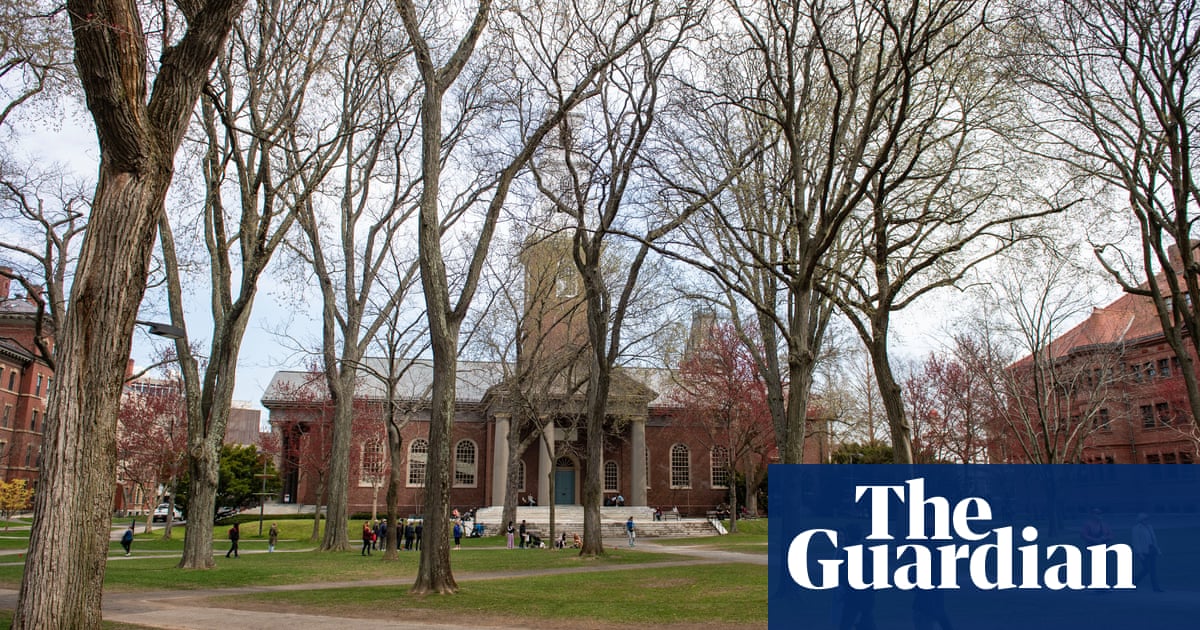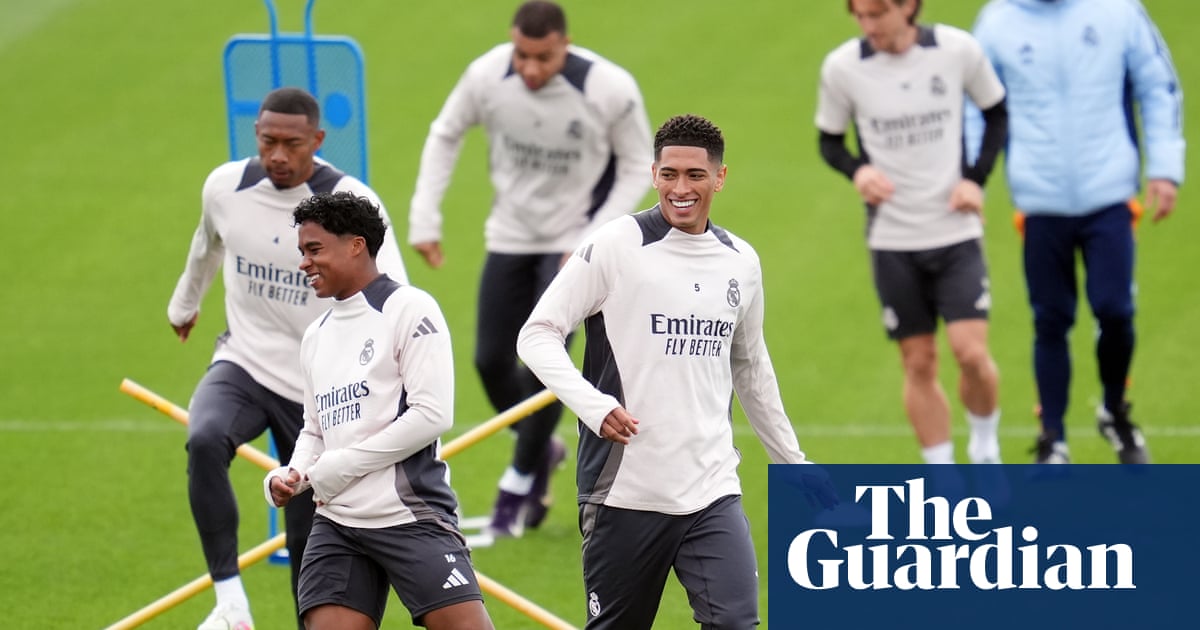The safety, security and life of the Duke of Sussex is “at stake” in his appeal against arrangements for his security while in the UK, the court of appeal has been told.
Prince Harry appeared at the high court in London for a second day as he challenged the decision of the Executive Committee for the Protection of Royalty and Public Figures (Ravec) that he should receive a different degree of protection at public expense while in the UK after he stepped down as a working royal and moved abroad.
The duke’s legal team argue Ravec breached its terms of reference when it failed to get an assessment from an “expert specialist body”, called the risk management board (RMB). It came up with a “bespoke process” for him, which he believed had singled him out for “different, unjustified and inferior treatment”.
In closing submissions at the end of the two-day appeal, the duke’s barrister, Shaheed Fatima KC, told three appeal court judges: “One must not forget the human dimension to this case. There is a person sitting behind me whose safety, whose security and whose life is at stake.
“There is a person sitting behind me who is being told he is getting a special bespoke process when he knows and has experienced a process that is manifestly inferior in every respect.
“His presence here and throughout this appeal is a potent illustration, were one needed, of how much this appeal means to him and his family.”
The Home Office, defending the appeal, has said Harry’s “bespoke” security arrangements are designed to accommodate his “unique set of circumstances”.
Sir James Eadie KC, for the Home Office, said Ravec’s decision for a “bespoke” arrangement, whereby the royal’s security would be decided on a case-by-case basis, was seen to have “positive advantages” as a flexible, tailored approach better suited to the duke’s circumstances.
It was “hard to imagine” Eadie said, someone more experienced than the then Ravec chair Sir Richard Mottram, as a senior civil servant with experience overseeing national security, to make a decision to accommodate “the unique and unusual circumstances of the appellant [Harry]”.
While no RMB assessment was conducted in Harry’s case, Eadie argued Ravec’s terms of reference were not intended as “hard-edged rules”. He said: “Ravec is able to draw upon expertise and is itself expert and experienced in a thoroughly important way.”
Judges have been told Harry’s case is not that he should be automatically entitled to the same protection he was given as a working royal, but that “he should be considered under the terms of reference and subject to the same process as any other individual being considered for protective security by Ravec, unless there is a cogent reason to the contrary”.
The then high court judge Sir Peter Lane ruled last year that Ravec’s decision, taken in early 2020 after Harry and Meghan, the Duchess of Sussex, stepped down as senior working royals, was lawful. Harry’s legal team argue the judge erred in his judgment.
Parts of Wednesday’s hearing were held in private owing to security concerns. Shortly after proceedings were paused to allow the room to be cleared, a member of the public shouted her support for the duke, adding: “If you’re members of the press, you’re the reason he’s no longer in England.”
Judges Sir Geoffrey Vos, Lord Justice Bean and Lord Justice Edis will give their decision at a later date.

.png) 6 days ago
12
6 days ago
12
